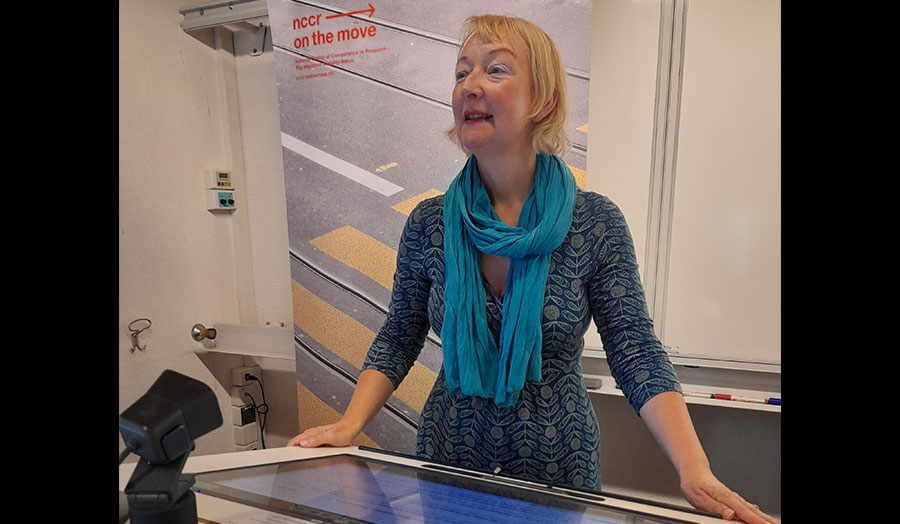Prof. Louise Ryan delivered the keynote address at an international conference on 12-13 September 2024: Rethinking Forced Migration Relationally.
This conference was organised by Prof. Mihaela Nedelcu and Dr Simon Noori at the University of Neuchatel, Switzerland as part of the NCCR - on the move initiative.
The conference brought together scholars who are researching the diverse experienced of forced migration/ refugees from different countries (including Ukraine, Syria, Afghanistan and Venezuela) and how they navigate varied institutional contexts and regulations.
Louise’s keynote was based on the ongoing research, with Prof. Maria Lopez and Alessia Dalceggio, on the Afghan Resettlement Scheme. The presentation focused on how highly skilled Afghans experience de-skilling and explored their efforts to gain skilled jobs in the UK context and regain their professional status. Louise, Maria and Alessia will be developing the paper into a journal article in the coming months.
The abstract of the presentation is:
The ‘Refugee Gap’ (Bloch, 2004; Cheung and Phillimore, 2014) is well known, as even the most highly qualified face deskilling (Bygnes, 2021). Nonetheless, while acknowledging structural barriers, it is important to note refugees’ active strategies to rebuild careers (Erel 2008; Erel and Ryan, 2019). Social networks appear to be particularly relevant (Perino and Eve, 2017; Gericke et al, 2018; Speed et al, 2021).
This paper builds upon the ‘presentation of the networked self’ (D’Angelo and Ryan, 2021) to explore how we define ourselves through relationality (Bernhard, 2021). The sudden rupturing of social ties, through forced migration, can undermine our sense of self and exacerbate identity-loss. Drawing upon social network analysis and a rich body of longitudinal research with recently arrived Afghans in London, this paper seeks to advance understanding by focusing on the role of social capital in navigating upward mobility and reclaiming professional identity over time.

